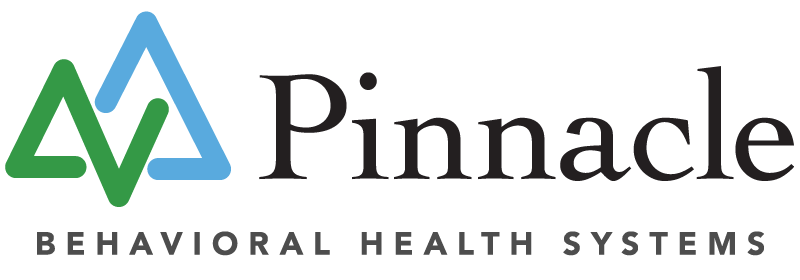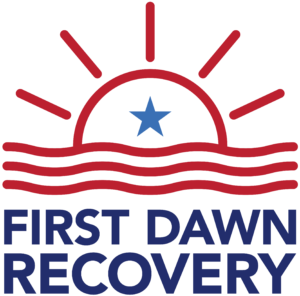Trauma Informed Addiction & Mental Health Treatment for Veterans at First Dawn Recovery
First Dawn Recovery’s approach to care recognizes and responds to the impact of traumatic experiences on the physical, emotional, and psychological well-being of individuals who have served in the military.
Many veterans have experienced a range of potentially traumatic events, such as combat, witnessing violence, childhood trauma or experiencing sexual as- sault, which can have lasting effects on their mental health. Limiting admissions to 10, the program is designed to create a safe and supportive environment for veterans, promoting their healing and recovery.

